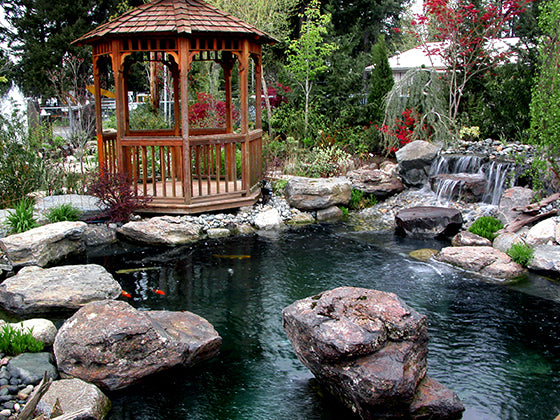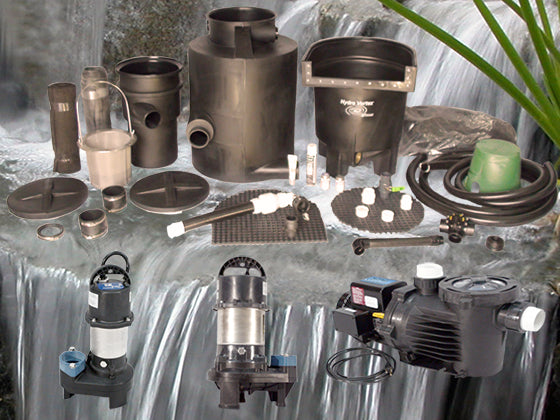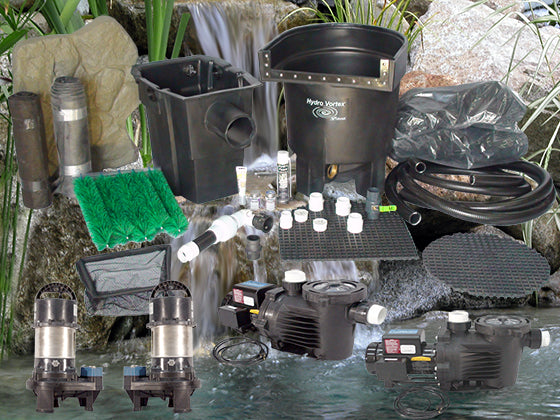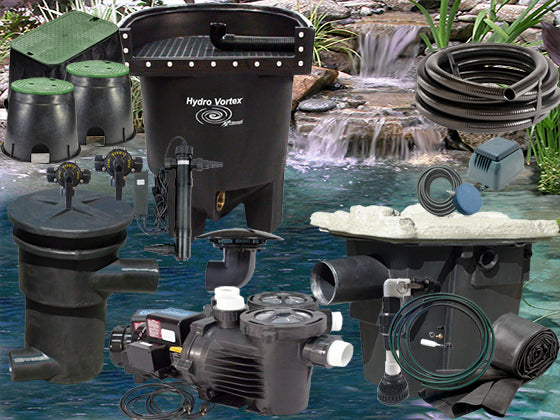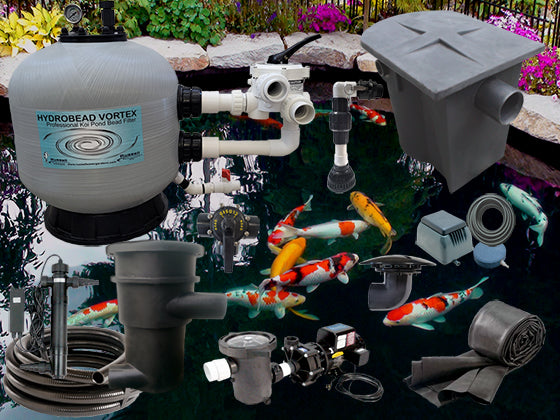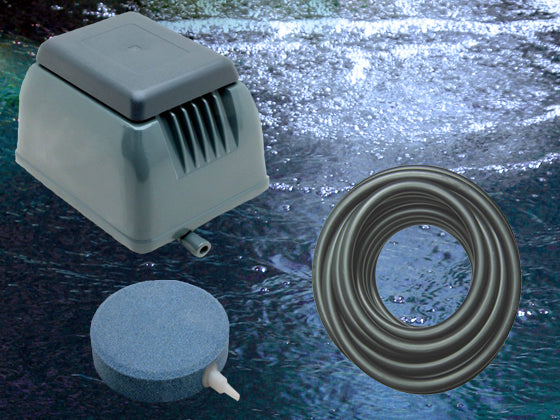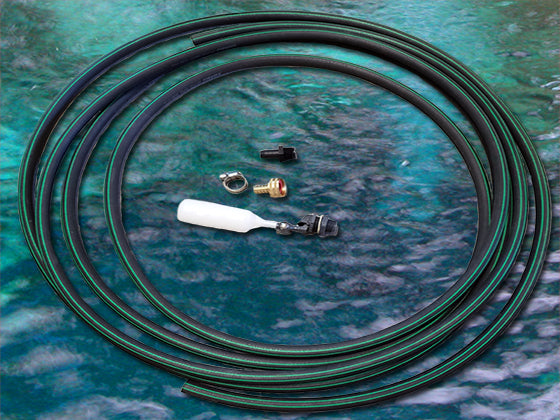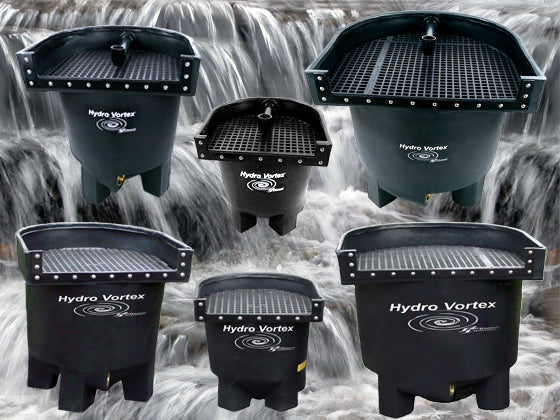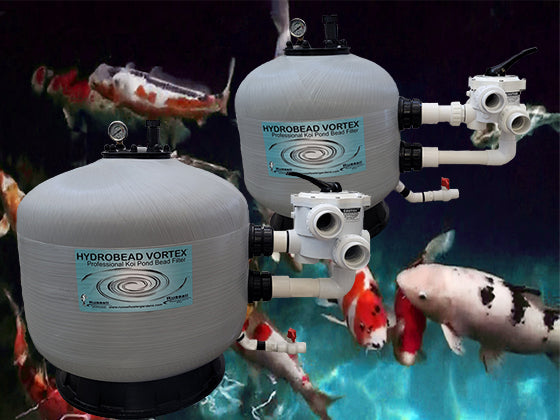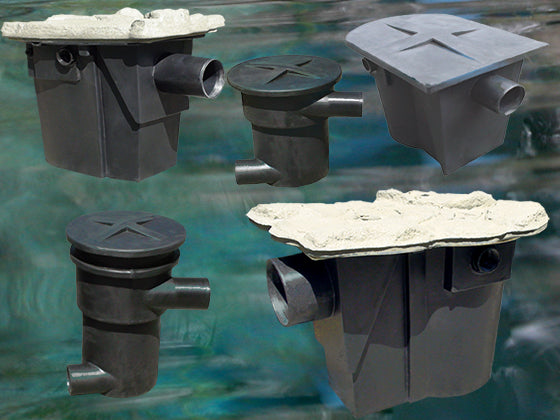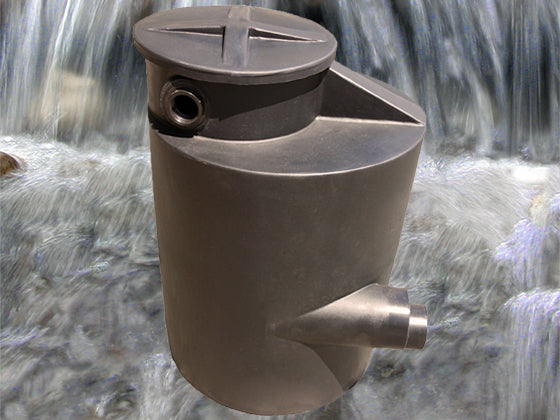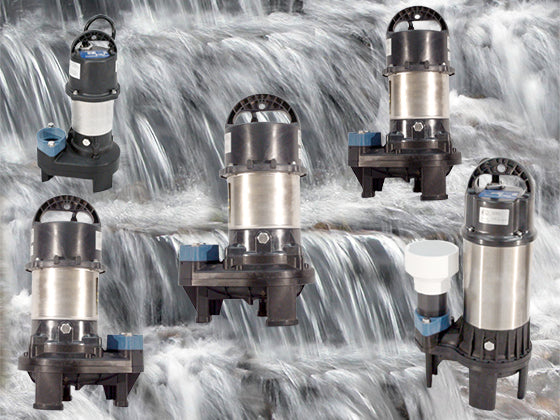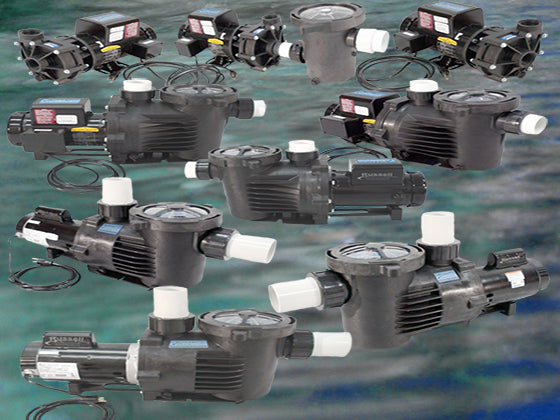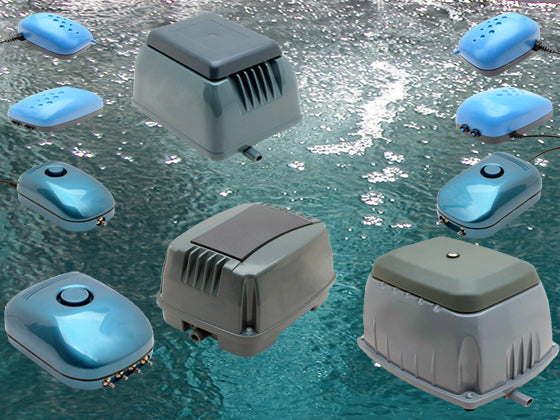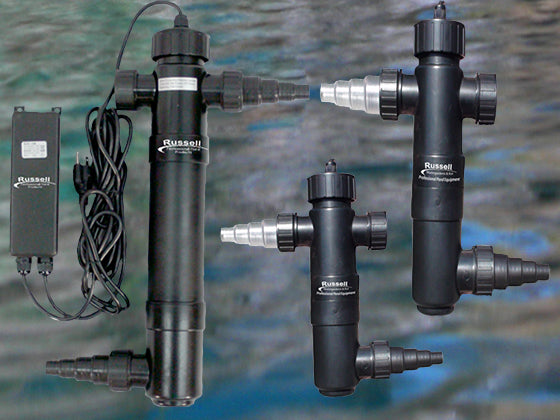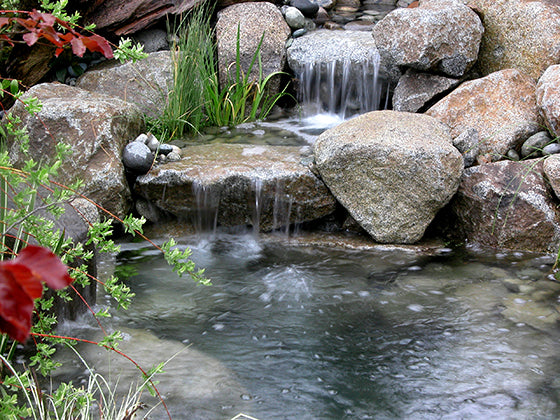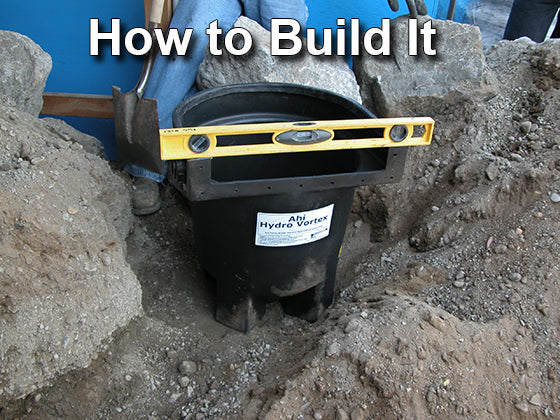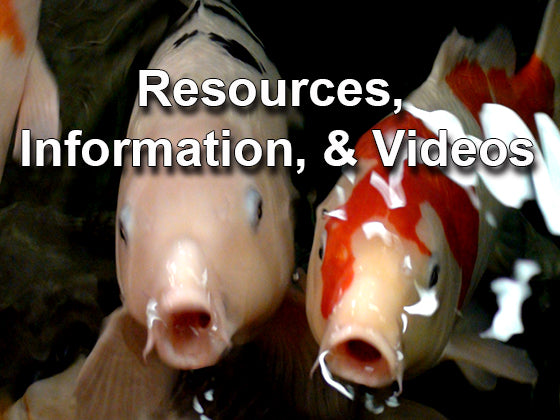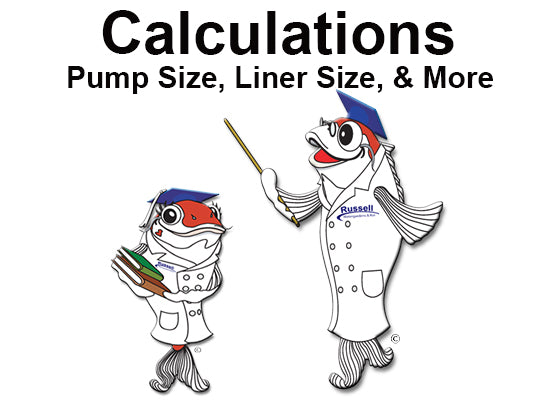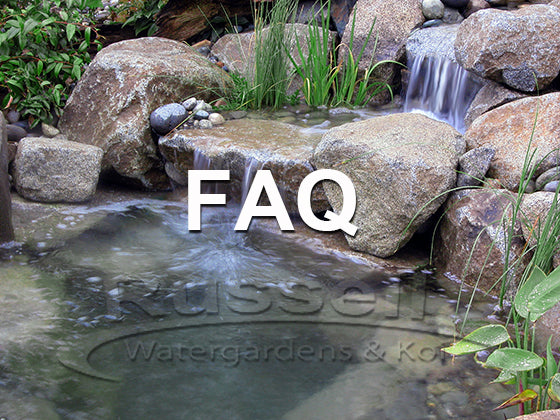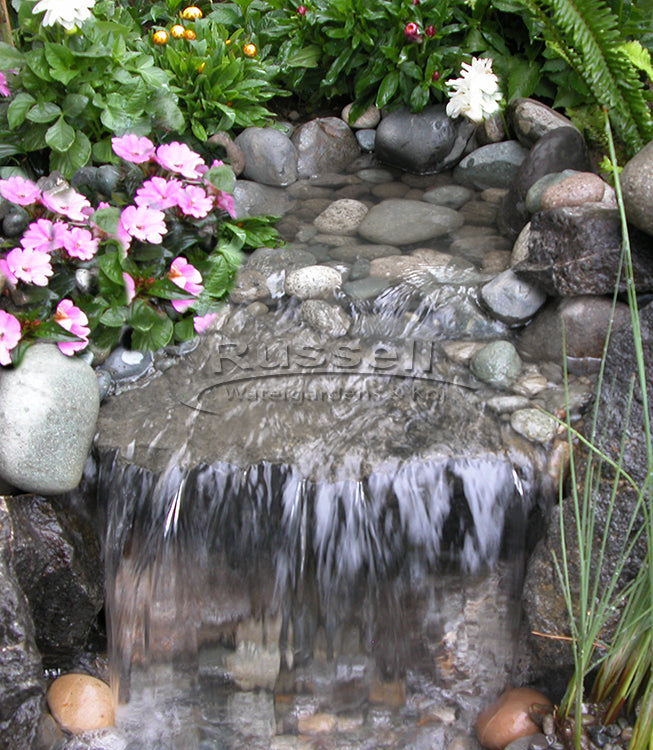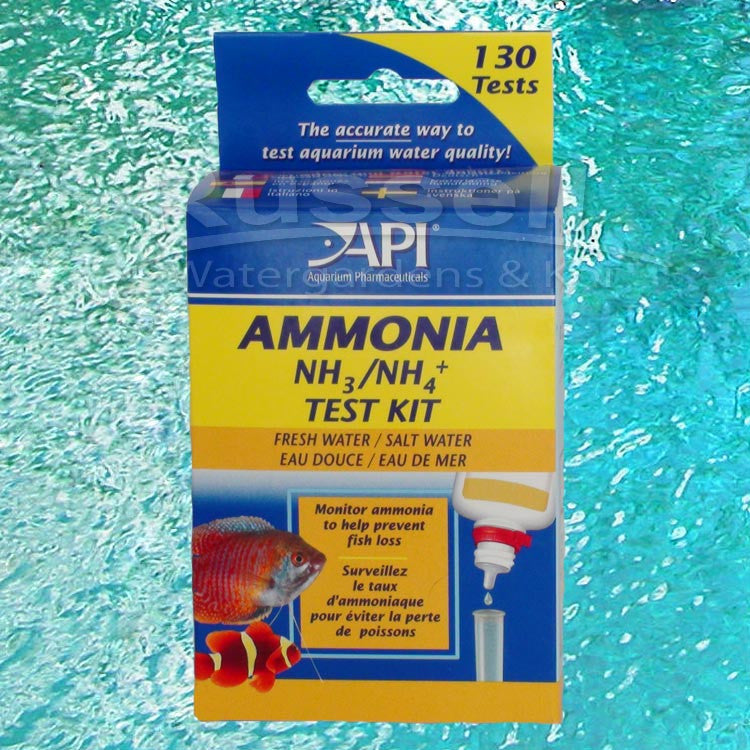
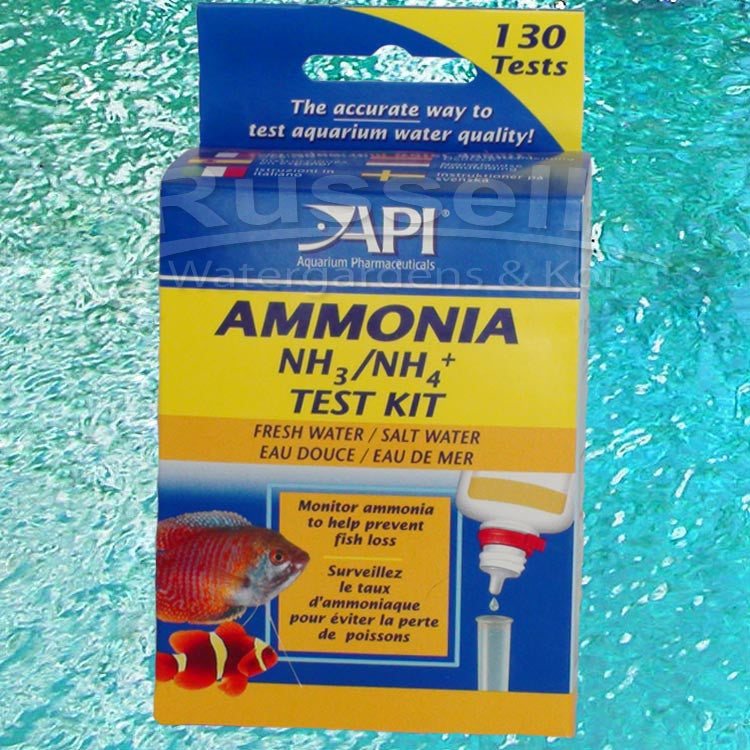
russellwatergardens.com
Ammonia Test Kit
NH₃ / NH₄ Test Kit

Fresh Water / Salt Water
Monitor Ammonia Levels
to Help Prevent Fish Loss
Fast - Easy - Accurate
Reads Ammonia 0 - 8 ppm (mg/L)
Fish continually release ammonia into pond water through their gills, urine, and solid waste. Uneaten food and decaying organic matter also release ammonia into the water. Even small amounts of ammonia stress fish; large amounts will kill fish. Use this kit to easily and accurately the ammonia level, so that, if detected, steps can be taken to remove it.
This test kit contains:
- 2 liquid dropper bottles with child-resistant safety caps
- Easy-to-read instructions
- Information on how to test
- Information on how to correct unsafe water conditions
- 2 color charts
- Glass test tube with snap-tight cap
- 130 tests
Ammonia is Toxic to All Pond Fish
Ammonia is a toxic waste excreted into the pond by fish, birds, and other pond life. The natural process that controls ammonia in the pond is the biological filter. The biological filter is comprised of nitrifying bacteria that use ammonia as a food source to grow and reproduce. The nitrifying bacteria convert ammonia to nitrite (also toxic) which in turn is converted into non-toxic nitrate. A healthy pond has no detectable ammonia.
Newly set-up ponds need time to develop the biological filter. Until sufficient numbers of nitrifying bacteria grow in the filter, ammonia will be detected. Overstocking the pond with fish, uneaten fish food, and decomposing vegetation can cause excessive ammonia. Ammonia is highly toxic to all pond life.
What the Results Mean
In newly set-up ponds, the ammonia level may surge up to 10 parts per million (ppm) or more and then fall as the biological filter becomes established.
In an established pond, the ammonia level should always be zero. Ammonia levels above 0.5 ppm indicate possible overfeeding, overstocking of fish, excessive decay of organic matter. The elevated ammonia level is not necessarily an indicator of the nitrite level. The nitrite level should be tested separately with our Nitrite Test Kit on a regular basis. Our Master Test Kit conveniently contains both ammonia and nitrite tests.


